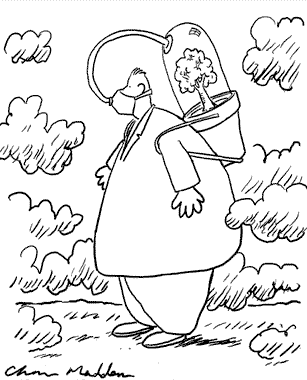| HOMEWORK CALENDAR |
| Slide Shows |
| WORKSHEETS/HANDOUTS |
| Cool Websites for this chapter |
|
Online
TEXTBOOK ACCESS Audio |
| Prentice Hall/SCILINKS |
| PHSchool |
| Last Chapter |
| Next Chapter |
| Other Units |
 |
|
HUMAN IMPACT Chapter 6 |
| Our Wiki |
| SEE TEST SCORES |
| Check your Grade DDN |
|
Science
Standards/NCLB for this Chapter |
| REVIEW GAMES for ALL CHAPTERS |
|
Kelly Riedell 696-4147 Webpage |
Connie Faltinson 696-4200 Webpage |



